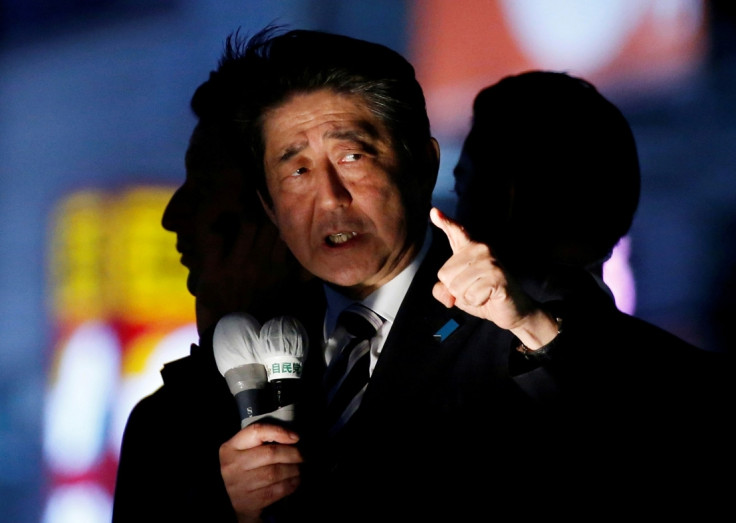Japan to see 'robust' growth bolstered by Tokyo Olympics and 'Abenomics'
Policy stimulus and frenetic construction for the summer games in 2020 seen aiding Japanese economy, according to new analysis.
Japan's economy is set to exceed its long-term potential over the next few years as it prepares to host the 2020 Olympics and benefits from newly re-elected Prime Minister Shinzo Abe's economic stimulus measures, new research suggests.
In a recent biannual assessment for its clients, Moody's said robust growth in external demand looks set to continue this year and the next for Japan.
The ratings agency forecasts real GDP growth of 1.5% in 2017 and 1.1% in 2018.
Japan's economy has already recorded six consecutive quarters of positive quarter-on-quarter GDP growth up until the second quarter of 2017; the country's longest streak of positive growth since the period between the first quarter of 2005 and second quarter of 2006.
"In turn, relatively robust nominal GDP growth will contribute to stabilising the government's debt burden, despite limited scope for outright fiscal consolidation. Debt affordability will continue to improve in the next few years as debt refinancing occurs at lower rates," the agency said.
While these positive developments provide tentative evidence of some traction of policy stimulus, Moody's associate managing director Mihoko Manabe expects monetary policy to remain accommodative for some time.
Headline inflation, which has averaged 0.4% through the first eight months of 2017, remains well below the Bank of Japan's 2% inflation target.
"In the absence of relatively firm indications that inflation expectations are rising, the central bank is likely to press on with its "inflation overshooting commitment" for the foreseeable future, consistent with a very accommodative stance remaining in place," Manabe said.
Prime Minister Abe ran the recent snap elections on a pro-business agenda which saw him returned to office with a thumping victory.























